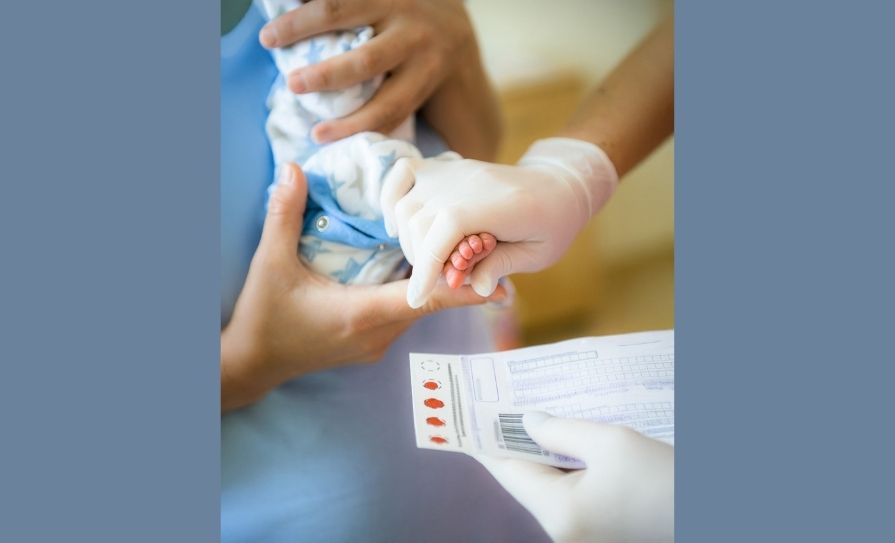Acting on HSE-commissioned research to ensure appropriate accreditation of language interpreters would require a “Government decision”, the Executive has informed the Medical Independent (MI).
The HSE National Social Inclusion Office commissioned research from University of Limerick around appropriate accreditation and qualifications for translation and interpretation services.
Achieving the objectives and recommendations of the 2018 report would be “multidimensional” in terms of setting the standards required and outlining where this education would be available, according to the HSE.
A registration body would have to be established, as well as a facility to maintain this register and ensure members were appropriately qualified.
The HSE’s spokesperson noted that this would require “a Government decision and have implications across a number of Government departments. In the interim, the HSE requires that any interpreting service is provided by reputable companies, and constantly monitors feedback.”
Deficits in the quality and accessibility of language interpretation in the health service have not been adequately addressed, according to those working in the area.
Measures have been taken by the HSE to improve problems in the area of interpretation through its 2007-2012 National Intercultural Health Strategy (NIHS) and the second NIHS 2018-2023, which came into effect earlier this year.
However, Dr Mary Phelan, Lecturer in Spanish and Translation at Dublin City University and Chairperson of the Irish Translators’ and Interpreters’ Association, told MI that demands for these services in medical settings were not being met.
This was leading to family and friends interpreting for patients at medical appointments, which Dr Phelan described as “hugely problematic”.
Dr Phelan also said that interpretation services were unregulated and interpreters required no formal training.












Leave a Reply
You must be logged in to post a comment.